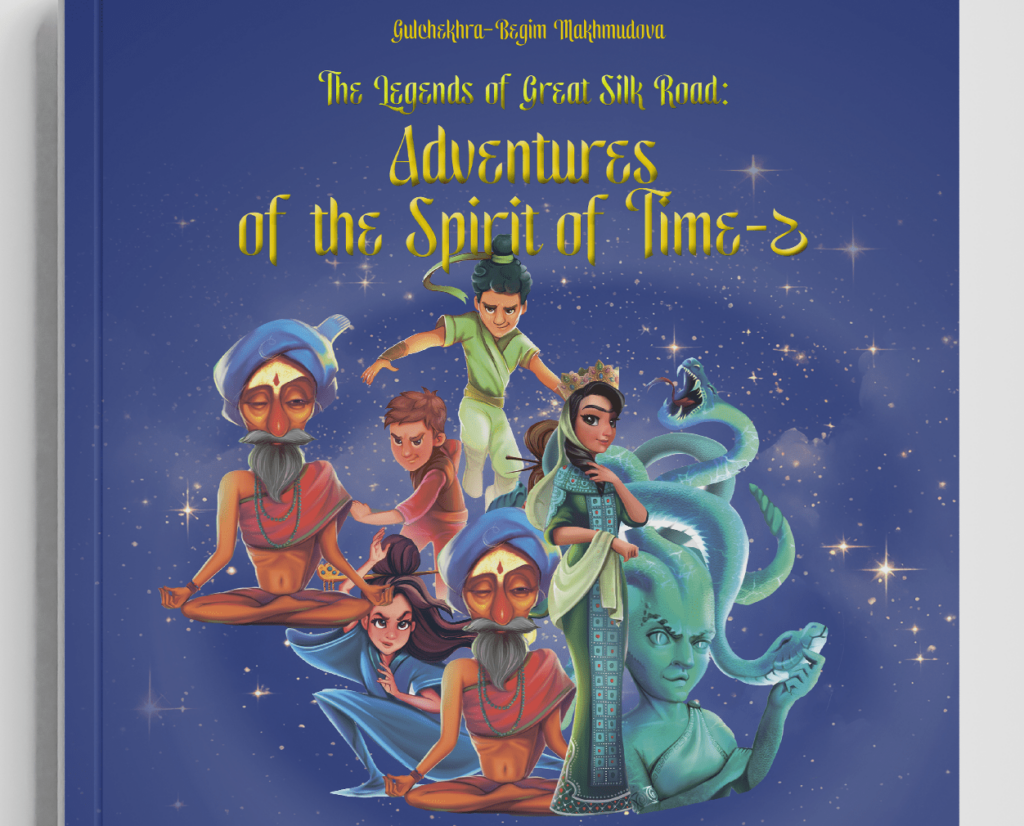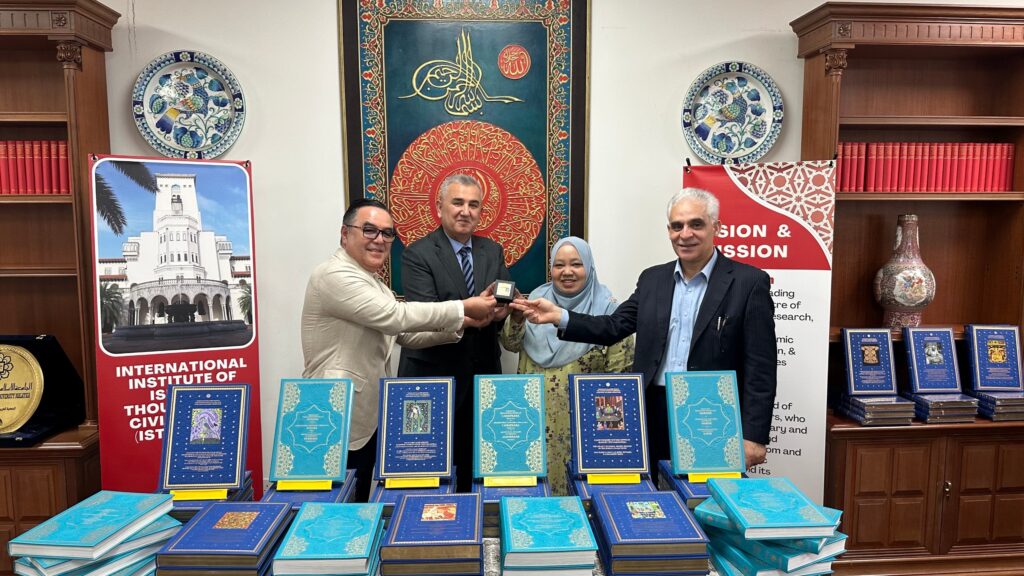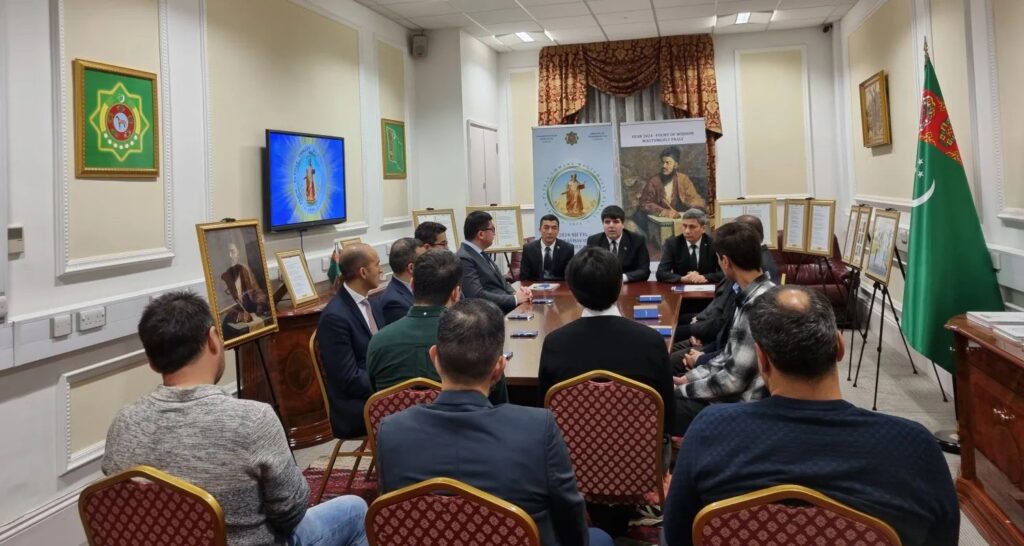The Kazakh people have always been dedicated to preserving and advancing their culture and literature and sharing them with the world. Over the thirty-plus years since independence, the Kazakh state has actively sought valuable historical records and archival materials about its people. It is remarkable to discover that during the Soviet era, numerous Western travelers explored Kazakhstan’s territory, documenting their observations on traditions, daily life, religion, and political perspectives in books that were later published in English. In the fall of 2023, with funding from the Bolashak program, I started a project to research the history of the Kazakh people and steppe based on the English-language accounts of Western travelers who visited the steppe in the late 19th and early 20th centuries. Although I started this project when I was working as a newspaper reporter in Kazakhstan, there was no way to access the database of large libraries abroad. Nineteen Kazakh Fairy Tales and Mary Lou Masey Kazakh-American relations did not begin solely after the collapse of the Soviet Union but can be traced back to the late 19th century. This is evident from old books written in English and printed by major American publishers, which I discovered in archival collections. While exploring the catalogs at George Washington University’s Gelman Library, I came across an intriguing book titled Stories of the Steppes, retold by Mary Lou Masey and illustrated by Helen Basilevsky. Published in 1968 by the David McKay Company, Inc. in New York, this book reflects Masey’s fascination with Central Asian culture. Having traveled to the region with her husband, Jack, she introduced American readers to its rich heritage through this collection. The book features 19 folktales from Russian sources, not as literal translations but as engaging retellings that remain faithful to the original plotlines. [caption id="attachment_29332" align="aligncenter" width="207"] The cover of Stories of the Steppes, retold by Mary Lou Masey [/caption] In this work, Masey presents traditional Kazakh folktales, including fairy tales, satirical stories about daily life, humorous tales and stories about animal, as well as narratives about both wise and foolish individuals. In the preface, she notes that while some reflect Russian cultural influence and others share common elements with global folklore, the collection remains distinctly Kazakh. It captures a unique way of life and showcases the remarkable artistry of the wandering storytellers who passed these tales down through the generations. [caption id="attachment_29333" align="aligncenter" width="490"] Illustration of the fairy tale "The One-Eyed Giant" from the book by Mary Lou Masey, 1968[/caption] As I flipped through the pages of this book, I became curious about its author. A writer and researcher with a background in International Studies, Masey earned her B.A. from Ohio State University with a major in Russian. She authored four children’s books published by David McKay: Branislav the Dragon (1967), Stories of the Steppes (1968), The Picture Story of the Soviet Union (1971), and Teddy and the Moon (1972). In adapting Kazakh folktales for Western readers, particularly children, Masey prioritized preserving the essence and richness...






